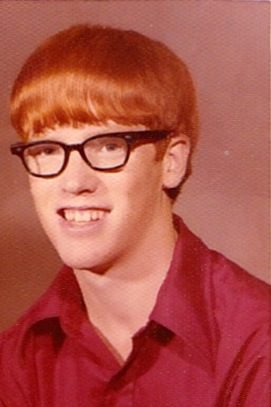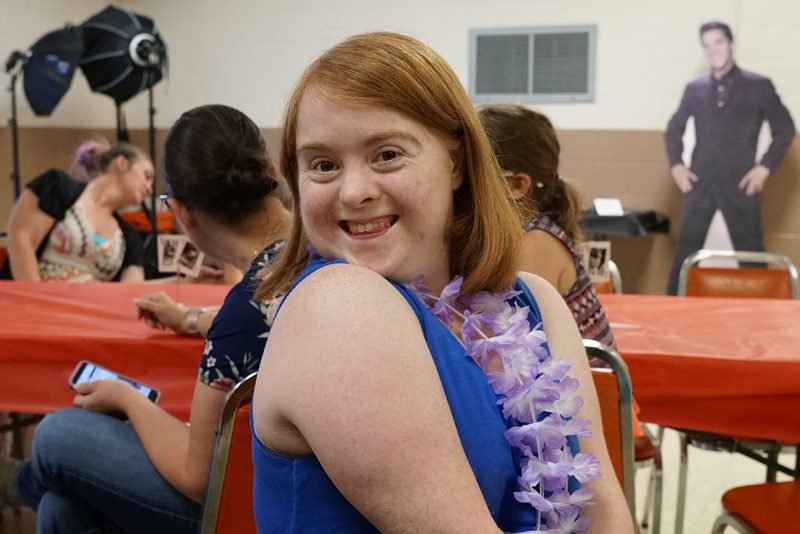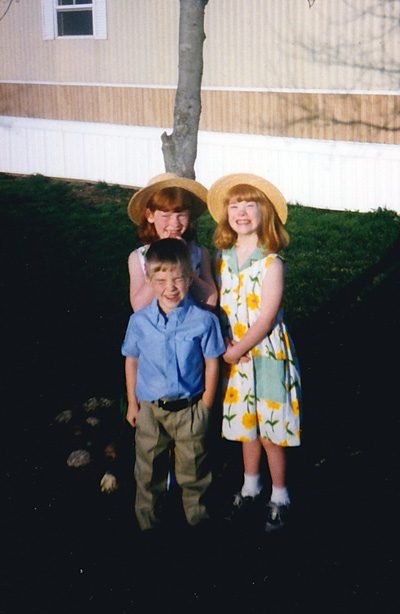
The year is 1972.
I am a ninth-grader at Central Junior High School in Findlay, Ohio.
I am a typical boy.
The need to prove I am “one of the guys” is important to me.
I want to fit in.
I want to be part of the club.
The “retards” have a classroom in our building.
You know who they are.
The freaks.
The morons.
The half-wits.
A wonderful opportunity to prove that I belong.
Fish Lips.
That’s what we called him.
He had big lips like Mr. Limpet.
Every day he wore a tin sheriff’s badge and carried a toy gun.
No post-nine-eleven worries in 1972.
Why do the retard’s parents send him to school like that?
Don’t they know boys like me lurk in the hallways looking for opportunities to mock and harass their son?
And so I did.
I mocked him and made life miserable for Fish Lips.
So did other boys, but I am the boy I remember.
I was part of the group now.
I hope Fish Lips didn’t mind being the price of admission.
It is 1989.
I am thirty-two years old now.
I have three children.
I am the pastor of a thriving Independent Fundamentalist Baptist (IFB) church.
My wife is pregnant with our fourth child.
Our beautiful red-headed daughter was born on September 1st.
Our first girl.
We are so excited to finally have a girl.
It was not long before we realized something wasn’t quite right with our daughter.
The doctor sent us to University Hospital in Columbus.
A genetic test . . .
We didn’t need the results.
We already knew . . .
Our daughter had Down syndrome.
Her features were mild and the doctor missed all the signs.
We found out she had Down’s the same day our second daughter was born.
I had a developmentally disabled child.
All of a sudden I had a flashback to 1972.
Visions of a hateful boy persecuting the mentally handicapped, all because the boy wanted to belong.
I thought of what I would do to that boy today if he did today what he did then to my daughter.
I wept.
I couldn’t undo what I did.
But I could make sure I am never that boy again.
The least of these deserve my protection and care.
They deserve to be who they are without worrying about a boy with something to prove.
I am glad that boy died in 1989.
Bruce Gerencser, 68, lives in rural Northwest Ohio with his wife of 47 years. He and his wife have six grown children and sixteen grandchildren. Bruce pastored Evangelical churches for twenty-five years in Ohio, Texas, and Michigan. Bruce left the ministry in 2005, and in 2008 he left Christianity. Bruce is now a humanist and an atheist.
Your comments are welcome and appreciated. All first-time comments are moderated. Please read the commenting rules before commenting.
You can email Bruce via the Contact Form.


